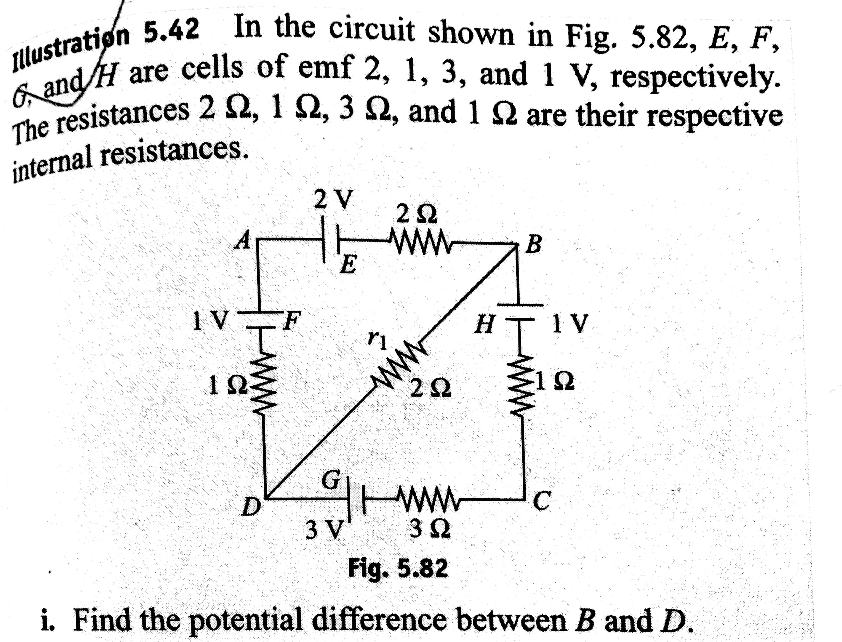
AllQuestion and Answers: Page 1701
Question Number 38946 Answers: 0 Comments: 0
$${find}\:\int\:{arcos}\left(\mathrm{2}\sqrt{\mathrm{1}−{x}^{\mathrm{2}} }\right){dx}\:. \\ $$
Question Number 38942 Answers: 0 Comments: 1
Question Number 38939 Answers: 2 Comments: 2

Question Number 38936 Answers: 1 Comments: 1

Question Number 38933 Answers: 0 Comments: 9
Question Number 38923 Answers: 1 Comments: 0
Question Number 38925 Answers: 1 Comments: 0
Question Number 38907 Answers: 1 Comments: 5
Question Number 38905 Answers: 1 Comments: 0

Question Number 38910 Answers: 1 Comments: 0
Question Number 38899 Answers: 0 Comments: 4
Question Number 38898 Answers: 0 Comments: 1
Question Number 38897 Answers: 0 Comments: 0
Question Number 38896 Answers: 1 Comments: 2
Question Number 38893 Answers: 1 Comments: 0
Question Number 38892 Answers: 1 Comments: 0
Question Number 38881 Answers: 1 Comments: 0
Question Number 38880 Answers: 1 Comments: 0
Question Number 38879 Answers: 1 Comments: 0
Question Number 38878 Answers: 1 Comments: 0
Question Number 38924 Answers: 1 Comments: 0
Question Number 38876 Answers: 1 Comments: 2
Question Number 38870 Answers: 0 Comments: 0
$${i}\:{am}\:{posting}\:{what}\:{i}\:{think}\:{helpful}... \\ $$
Question Number 38865 Answers: 0 Comments: 0

Question Number 38864 Answers: 0 Comments: 0

Question Number 38863 Answers: 0 Comments: 0

Pg 1696 Pg 1697 Pg 1698 Pg 1699 Pg 1700 Pg 1701 Pg 1702 Pg 1703 Pg 1704 Pg 1705
